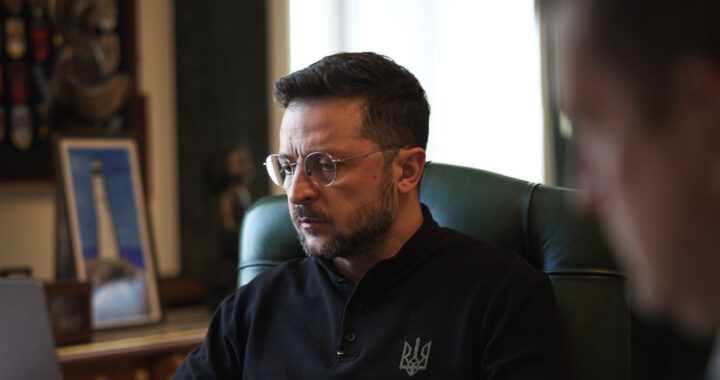Ukraine is engulfed in a corruption scandal after the National Anti-Corruption Bureau or NABU alleges a kickback scheme inside Energoatom, its state nuclear operator, that siphoned around 100 million U.S. dollars. The probe, which began in August 2024 and was made public on 15 November 2025, was codenamed Operation Midas. It unearthed a complicated network of shell companies, intermediaries, and rigged contracts in the Ukrainian energy sector,
Ukraine Nuclear Corruption Probe Exposes $100 Million Scheme and Deepens Wartime Crisis
Government investigators have specifically claimed that contractors for Energoatom were forced to pay 10 to 15 percent surcharges on their contracts. Suppliers who refused to pay were allegedly blocked from receiving work or payments. The result was a systemic, sustained extraction of rent from a strategically critical state enterprise.
Timur Mindich, a business associate of President Volodymyr Zelenskyy and one of the founders of the Kvartal 95 Studio production company, is a central figure in the scandal. Mindich reportedly played a central role in structuring the illicit payment scheme. NABU has named him along with Energoatom officials and energy-sector advisers.
Investigators are also probing current and former government officials. These include a former Energy Minister German Galushchenko. NABU has carried out over 70 raids and searches tied to the corruption investigation. The bureau has detained several suspects and charged them, though some high-profile individuals remain at large.
More than 1000 hours of recorded conversations have also been cited. These recordings allegedly contain explicit discussions about payment arrangements and coded language. Alongside the recordings, NABU has amassed a paper trail showing how funds moved through intermediary firms and bank accounts to the final beneficiaries.
Cash seizures have followed the raids. Official reports note that large sums were recovered. The bureau has released audio excerpts and evidence in phased drops, an approach that some analysts interpret as a deliberate effort to maximize political pressure. Public disclosure seems timed to intensify scrutiny of the implicated individuals.
The fallout inside the government has been swift. Energoatom supervisory board members have been dismissed or suspended. Several senior energy-sector officials have resigned or been removed. The scandal has raised demand for greater transparency. Opposition parties and civil society have also called for sweeping reforms.
Public trust in wartime governance has suffered. Many Ukrainians view the revelations as proof that corruption persists across the country and even in critical institutions. The fact that the scandal centers on a profitable enterprise, one that is part of the Ukrainian critical infrastructure, has deepened public outrage and political tension.
The geopolitical implications for Ukraine are dire. Western donors and governments have been closely monitoring Ukraine for its anti-corruption record. The scandal could erode confidence among funding partners and complicate the diplomatic position of the country. The issue may also further erode its leverage in peace negotiations.
FURTHER READINGS AND REFERENCES
